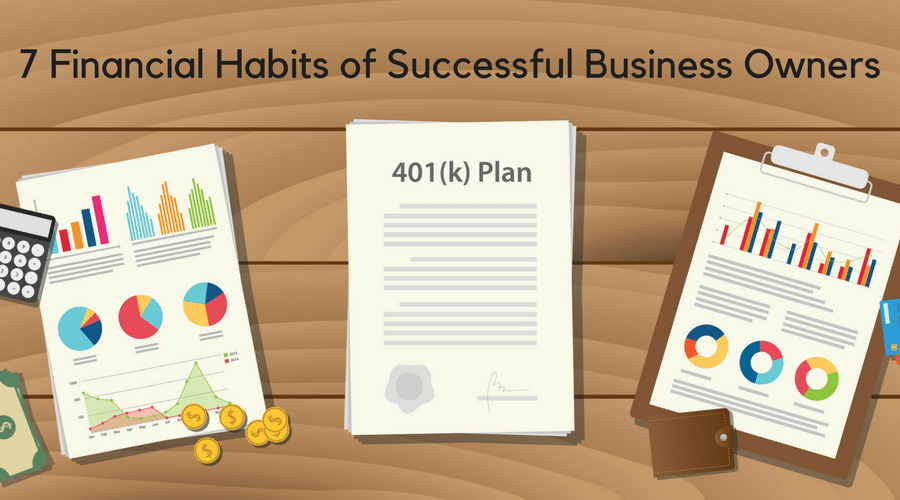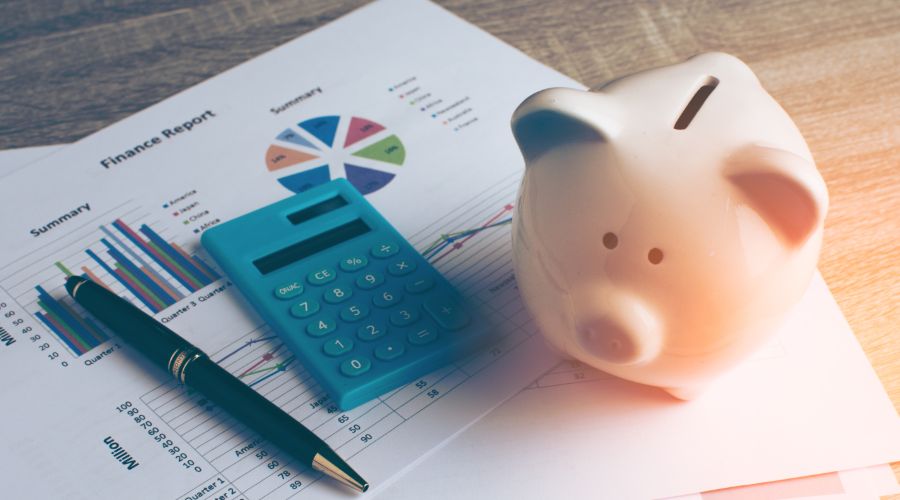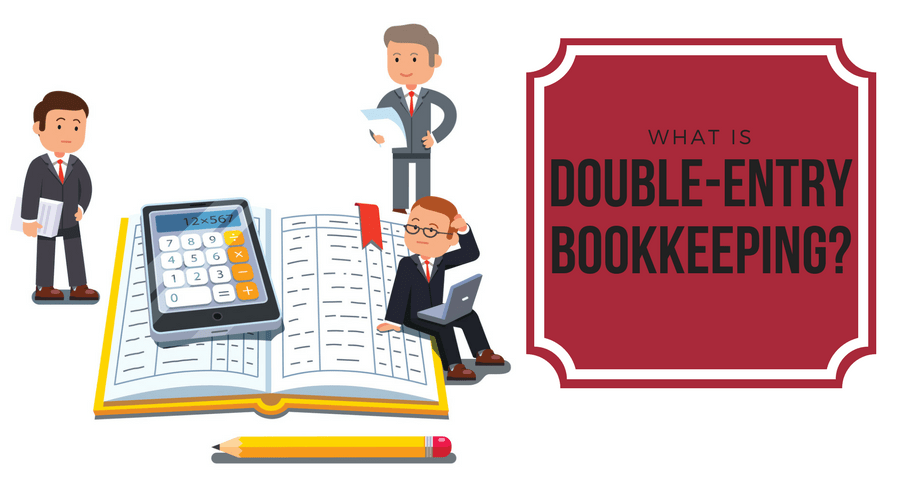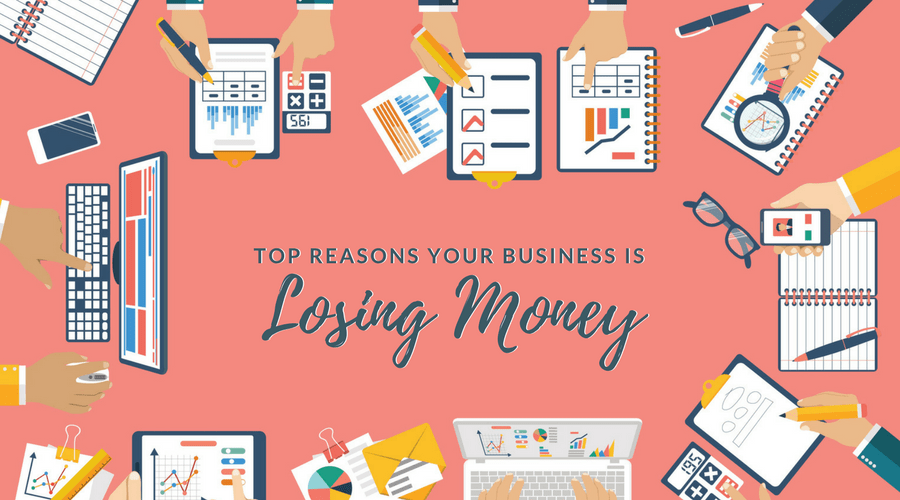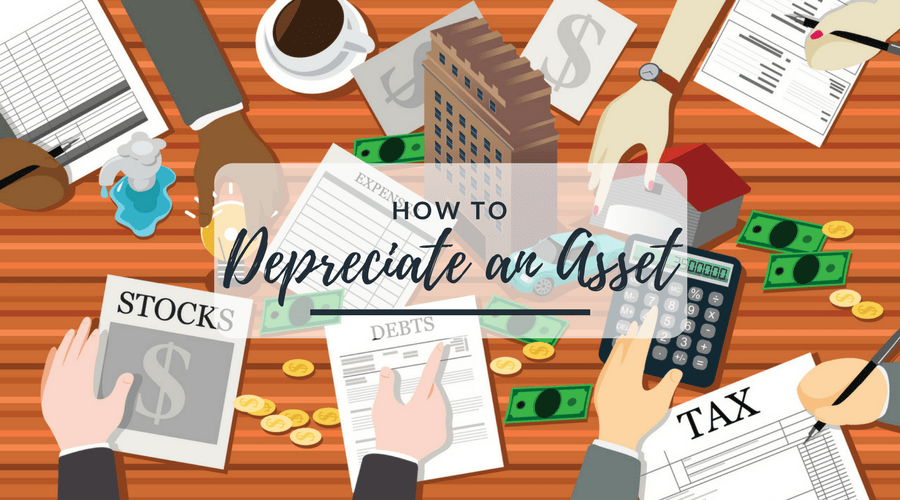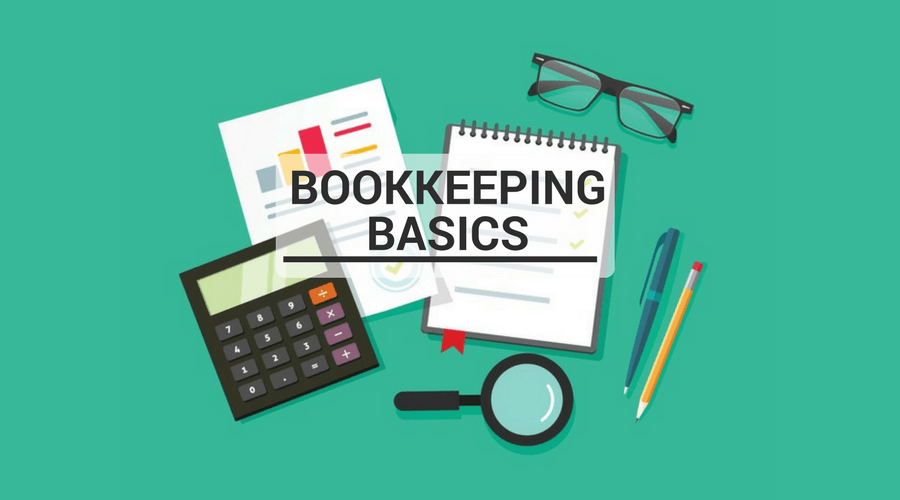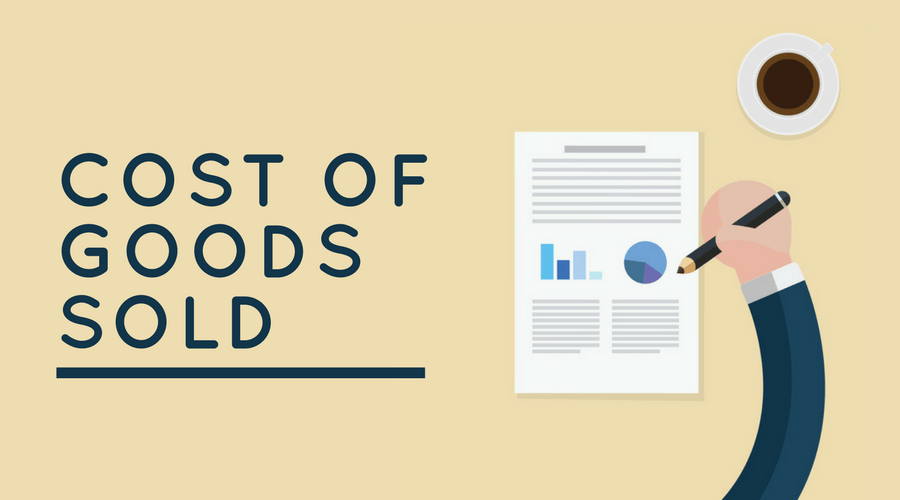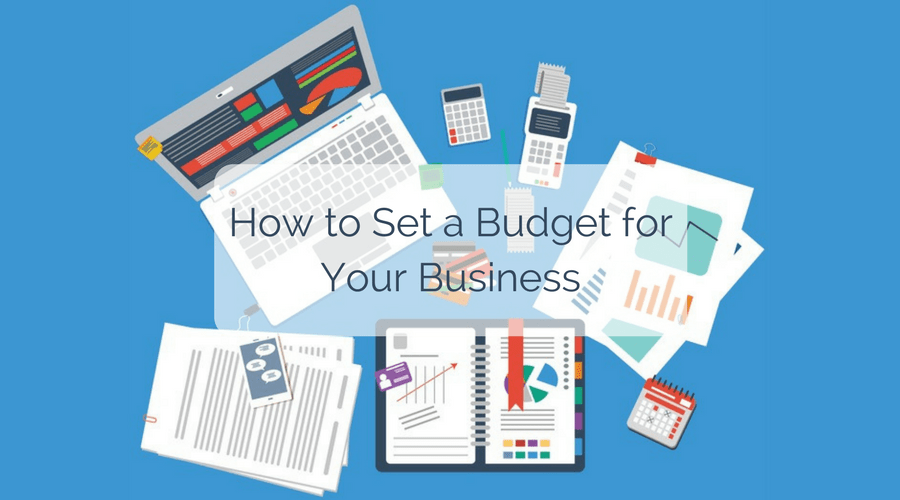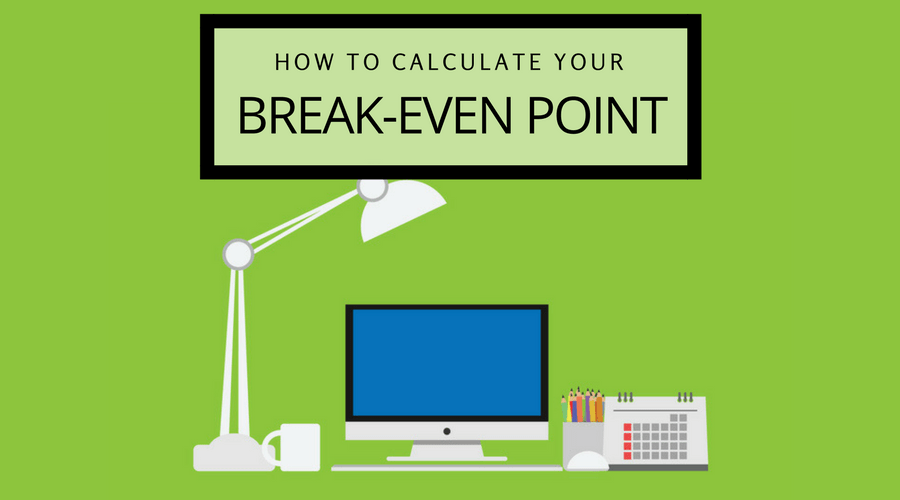Category: Accounting & Finance
Successful small business owners make financially sound decisions and follow these seven best practices. 1. Regularly review your finances Review your company’s finances weekly or monthly to understand if and how your business is...
As a small business owner, it’s essential to track all your expenses, but it’s also vital that you track direct and indirect expenses separately. This will allow you to follow your budget more closely....
Having an emergency fund for your business is just as important as having one for yourself. It provides peace of mind if your business experiences a crisis or an unusual event. Just make sure...
Unless your business deals strictly with cash transactions, you’ll likely use double-entry bookkeeping. With this method, everything you record will involve at least two accounts. It helps you keep track of asset and liability...
When you’re working for someone else, you’re getting paid whether it takes you five minutes or five hours to finish a project. When you’re starting your own business, however, you have to maximize your...
When your company purchases an asset, like machinery or furniture, you can write-off the value over time, instead of writing off the asset all at once. Doing this will artificially boost your net income....
When you own a small business, it’s important to understand some bookkeeping basics to help you keep up-to-date and organized records. Your records can help you make well-informed decisions and develop strategies to grow...
Your cost of goods sold (COGS) is the costs directly related to purchasing products for resale, manufacturing products to sell, or providing services. Your COGS is documented on your income statement and used to...
Your small business needs a budget to help you plan ahead and decide how you’ll spend your money. Without a budget, you run the risk of either spending more than you make or not...
Your company’s breakeven point occurs when your revenue equals your fixed costs. It can help you understand how changes to your prices and costs can affect your small business. 1. Determine your fixed costs...
